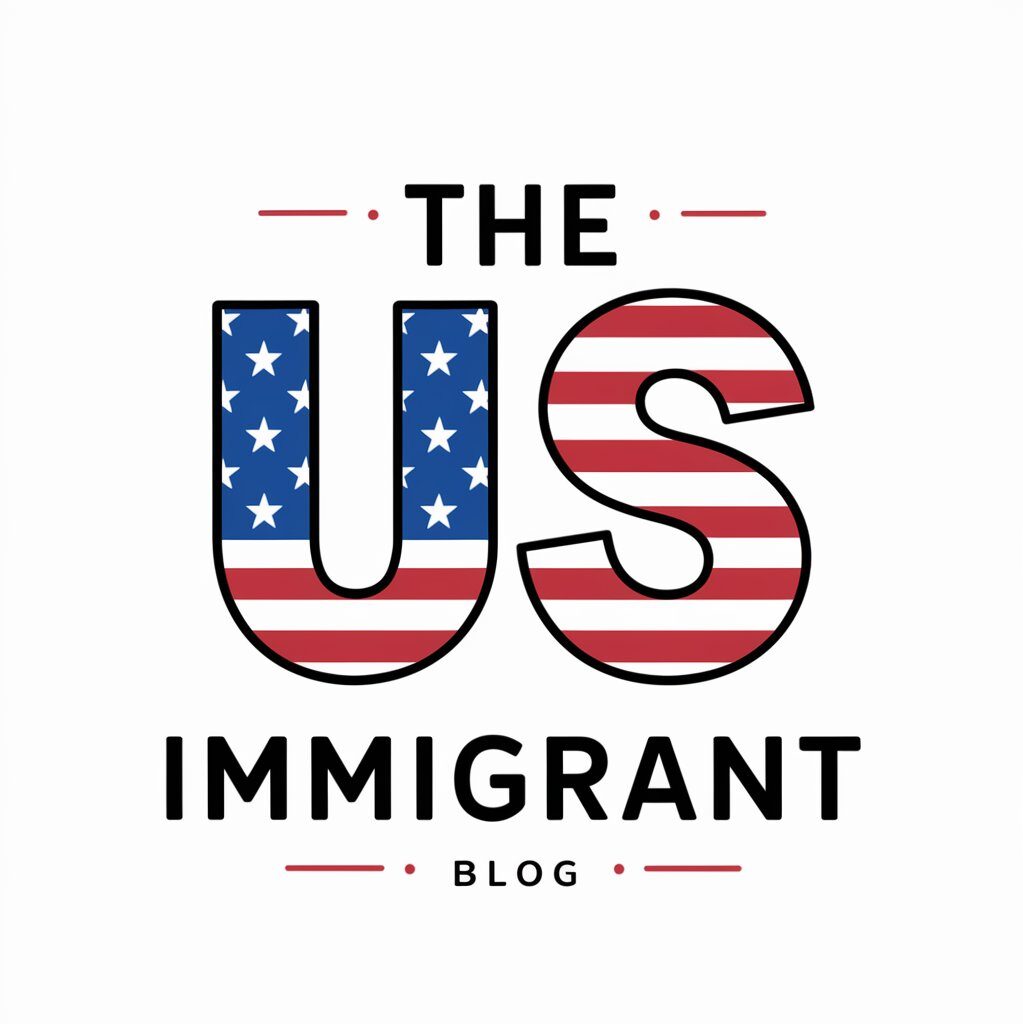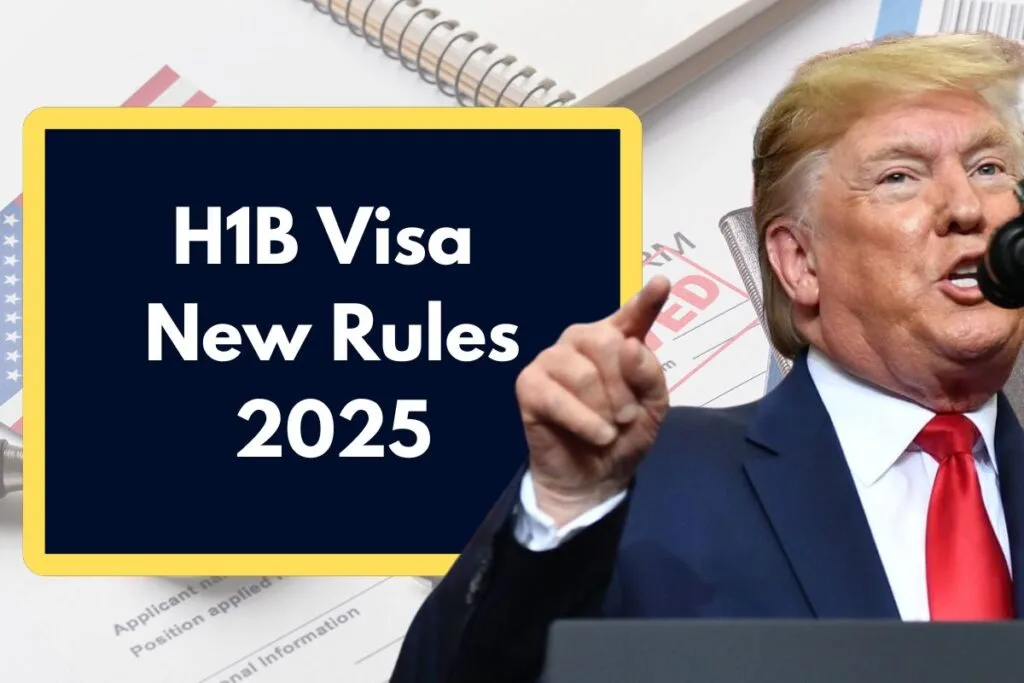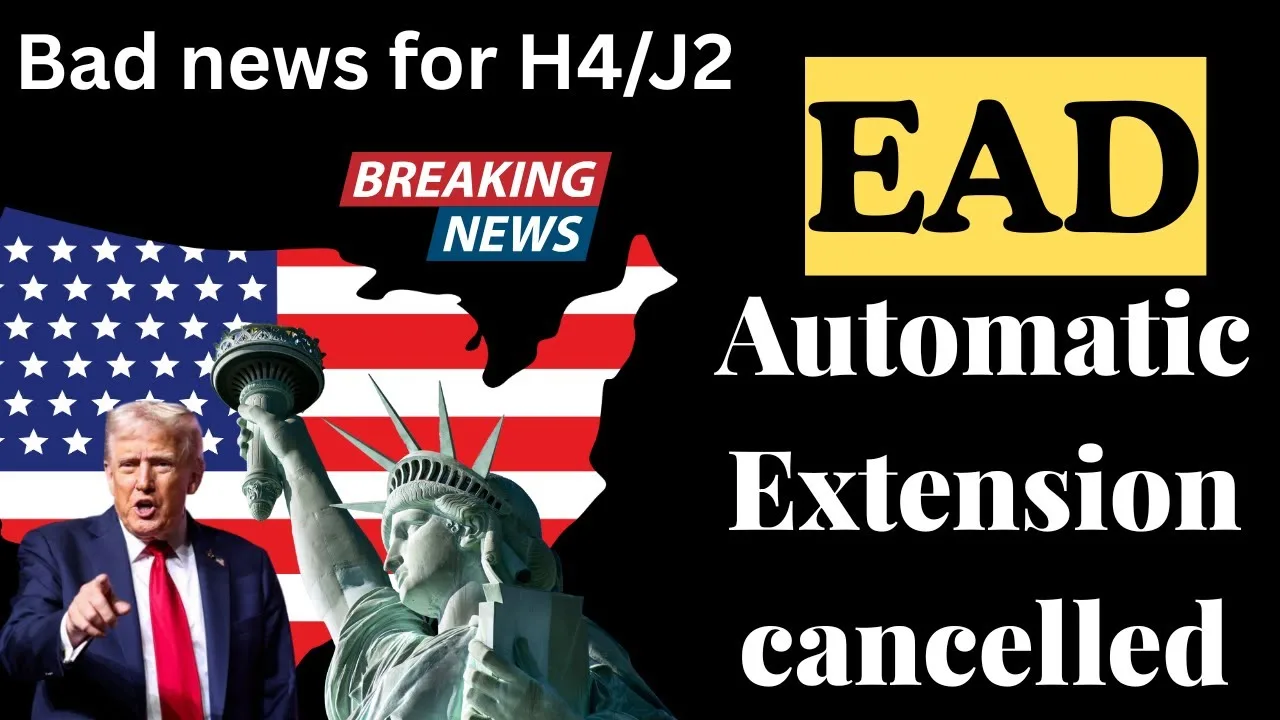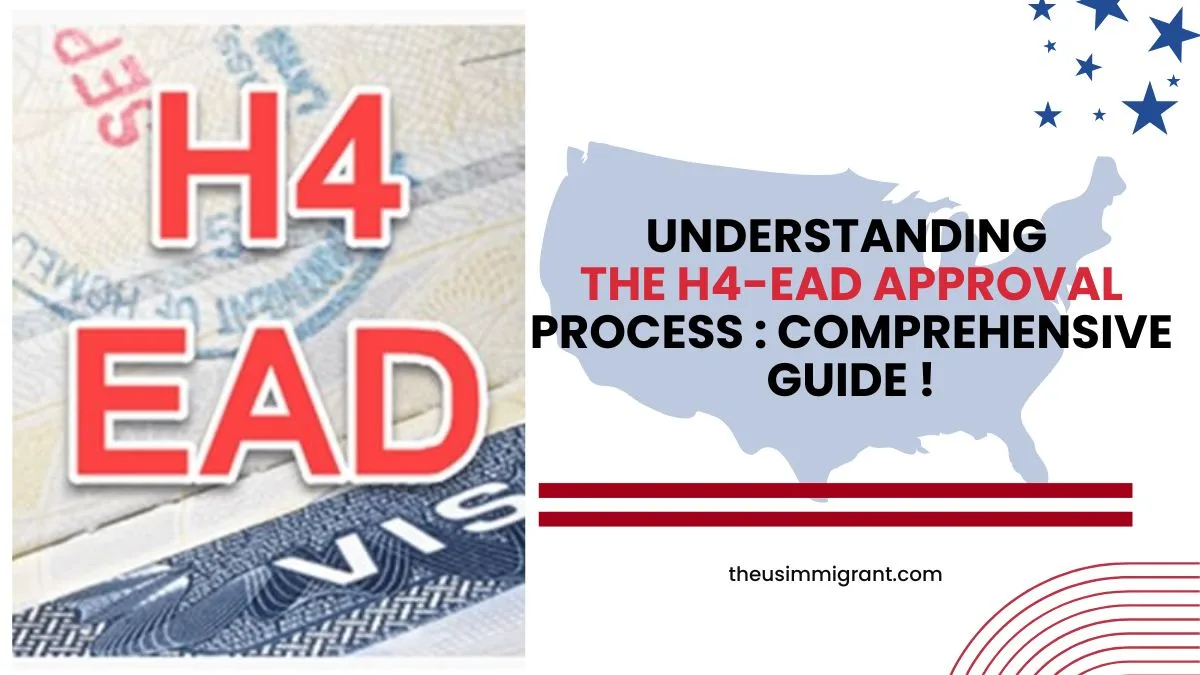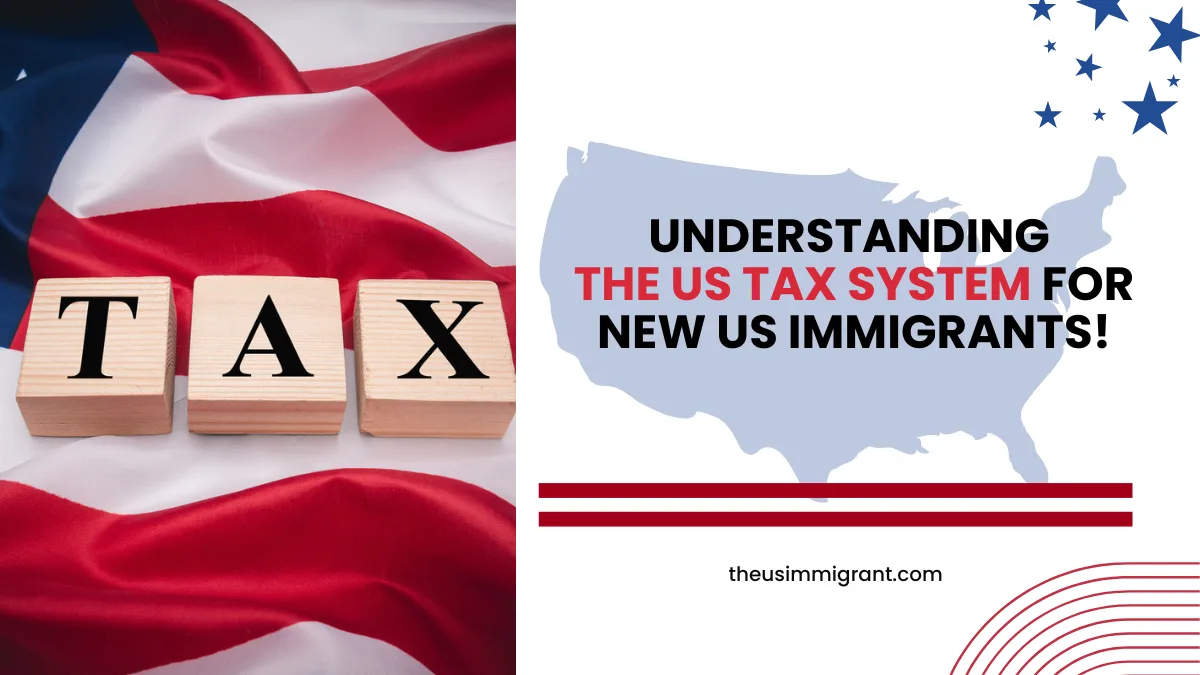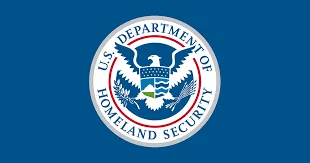
Introduction
On January 17, 2025, the Department of Homeland Security (DHS) implemented sweeping changes to the H-1B visa program, marking a significant shift in U.S. immigration policy.
These new H-1B Visa rules, part of the “H-1B Modernization Rule”, aim to streamline the application process, enhance flexibility for employers and visa holders, and improve program integrity.
Key Changes in the New H-1B Visa Rules
- Revised Definition of “Specialty Occupation”: The new H-1B visa rules clarify the definition, emphasizing a stronger connection between an applicant’s degree and job responsibilities
- Streamlined Application Process: A new version of Form I-129 is now mandatory for all H-1B petitions
- Extended Cap-Gap Protections: F-1 visa holders applying for H-1B status will have their F-1 visas automatically extended until April 1 of the application year
- Expanded Cap Exemptions: Government and nonprofit research organizations focused on research can now qualify for H-1B cap exemptions
- Enhanced Compliance Measures: Employers must now demonstrate the validity of a specialty occupation, with DHS authorized to conduct site visits
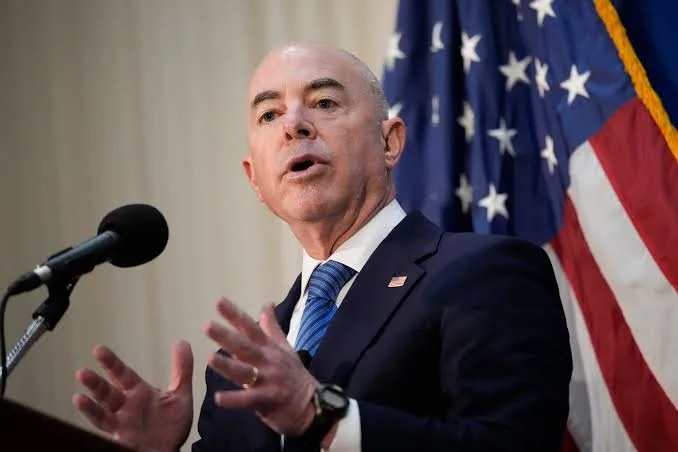
Impact on Applicants and Employers
The changes are expected to benefit both U.S. employers and foreign talent, particularly Indian tech professionals who make up a significant portion of H-1B visa holders. In 2023, Indian nationals accounted for 72.3% of the 386,000 H-1B visas issued.
The streamlined process and increased flexibility aim to help companies retain skilled workers more effectively
For International Students, the extended cap-gap protection offers a smoother transition from F-1 to H-1B status, minimizing disruptions to employment and legal status.
Implementation Timelines
These new H-1B visa rules came into effect on January 17, 2025, with no grace period for the new Form I-129.
U.S. Citizenship and Immigration Services (USCIS) will reject any petitions using the old form received on this date.
Debate & Controversy
The new rules have sparked debate among political leaders and industry experts. Elon Musk has been a vocal supporter of the H-1B program, advocating for more foreign tech workers. However, Senator Bernie Sanders has criticized this stance.
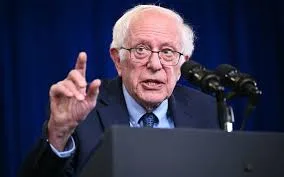
Reactions and Expectations
While the reforms are generally positive, some H-1B visa holders remain cautious, recalling the increased scrutiny under previous administrations.
However, the changes reflect a step forward in supporting high-skilled immigration while ensuring program integrity.
Conclusion
As these new rules take effect, employers and potential visa applicants are advised to familiarize themselves with the changes to successfully navigate the updated H-1B landscape.
The reforms reflect a step forward in supporting high-skilled immigration while ensuring program integrity. Still, the ongoing debate highlights the complex nature of balancing domestic employment concerns with the need for specialized international talent.
